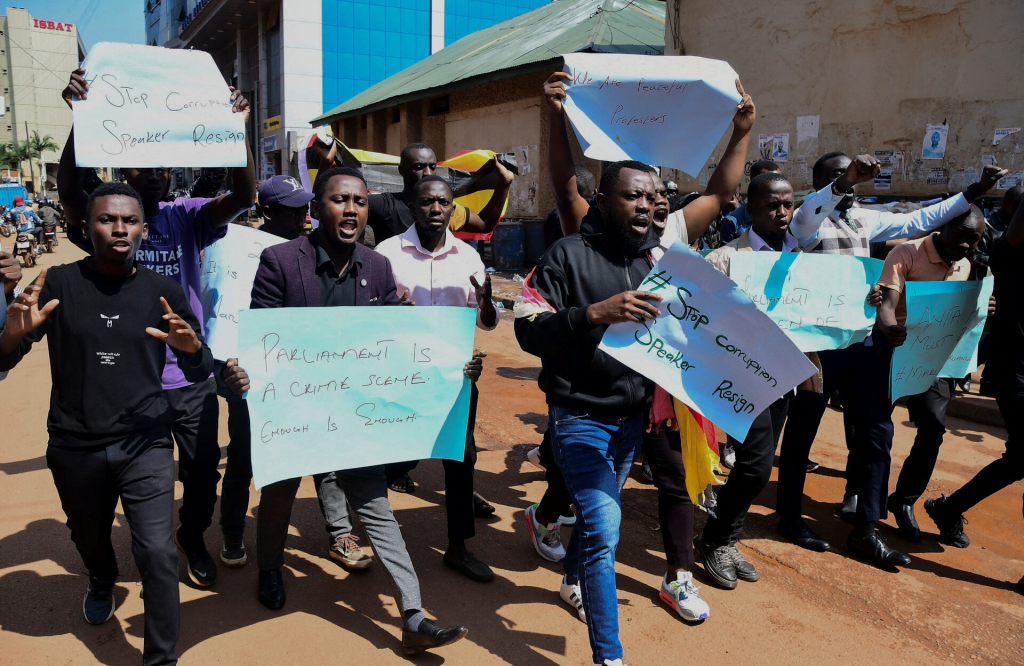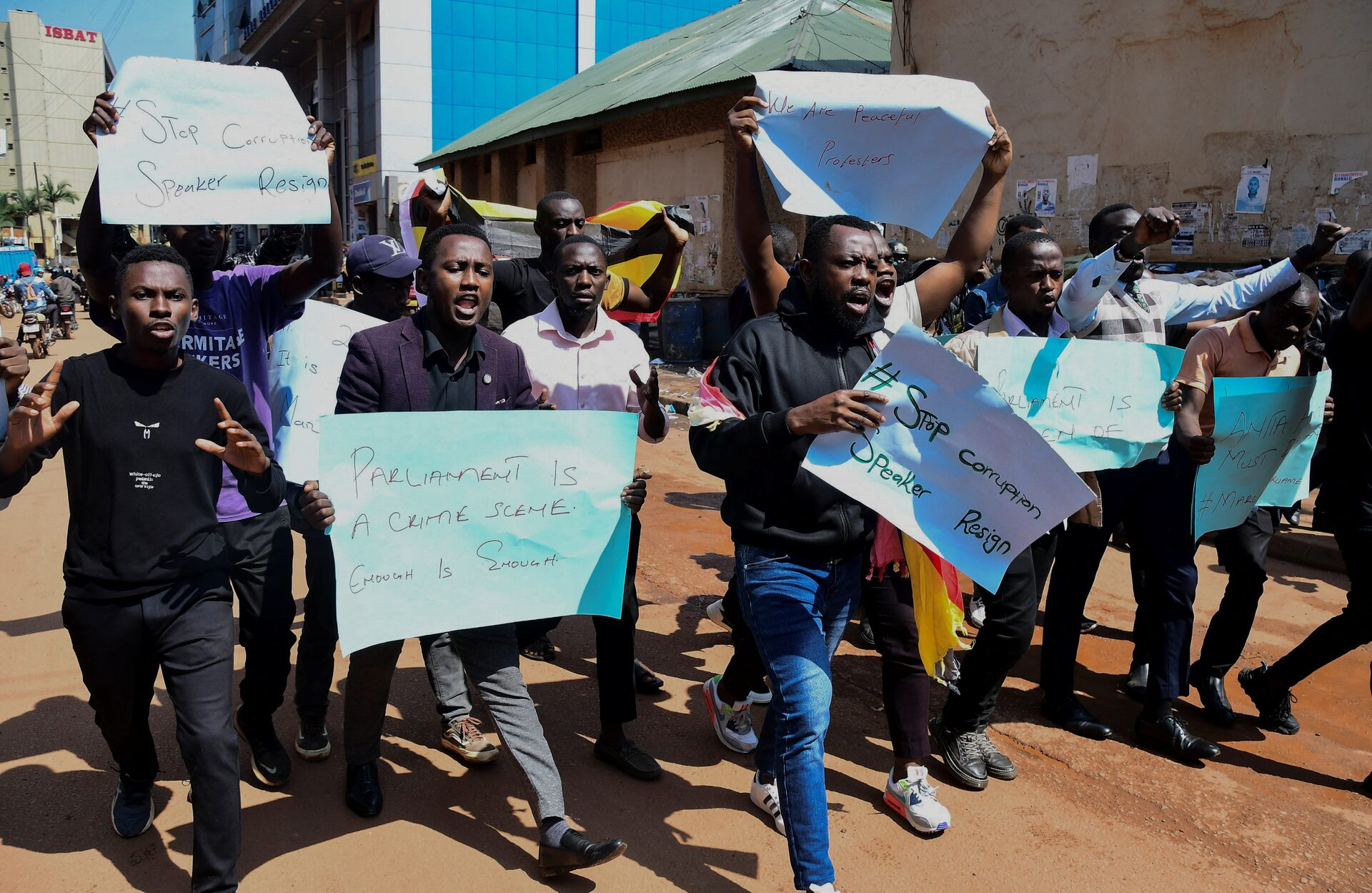Ugandans are raising concerns about a new agreement with the United States to receive deported migrants, questioning both its legitimacy and its political motivations. Critics argue that the deal lacks parliamentary approval and ultimately serves to ease international pressure on President Yoweri Museveni’s increasingly authoritarian rule.
Ugandan officials have offered few specifics about the arrangement, aside from insisting that they prefer deportees of African descent and would not accept individuals with criminal records. Despite this, Uganda is now being floated as a potential destination for Kilmar Abrego Garcia, a Salvadoran national indicted for human smuggling.

Garcia, who was detained in Baltimore this week, is currently being processed for deportation. The U.S. Department of Homeland Security has publicly suggested Uganda as his removal destination—an idea that has left many Ugandans baffled.
Local resident Alex Masereka Joel voiced frustration, noting the absurdity of sending Garcia, a Spanish-speaking Salvadoran with no ties to Africa, to Uganda: “He has totally no connection. He doesn’t even speak English… He’s going to be thrown into a place where he’ll need a translator.”
The agreement also raises questions about what Uganda stands to gain. Government officials, including the attorney-general and key ministers overseeing refugees and internal affairs, have so far declined to comment. Reports suggest that negotiations bypassed formal government channels and were conducted directly under Museveni’s oversight.
Museveni, who has ruled Uganda since 1986, long positioned himself as a close ally of Washington, particularly for his role in supporting U.S. counterterrorism operations in Somalia. But his standing in the U.S. has eroded in recent years amid growing criticism over corruption, human rights abuses, and crackdowns on LGBTQ communities. The Biden administration has responded with targeted sanctions against senior Ugandan officials, further straining relations.
For many Ugandans, the deportee deal underscores the president’s willingness to leverage Uganda’s sovereignty for political survival—potentially trading human lives for diplomatic concessions at a time when his legitimacy is increasingly contested at home and abroad.



